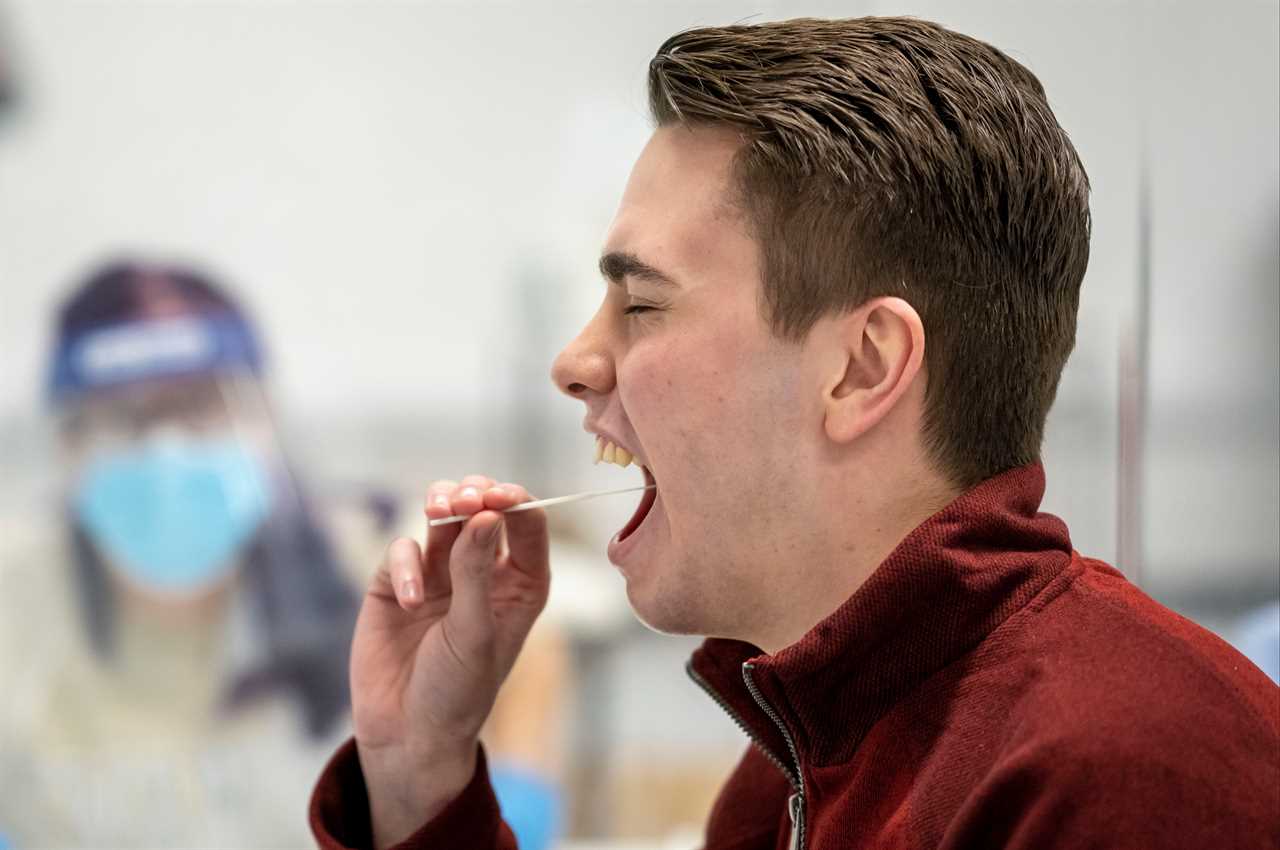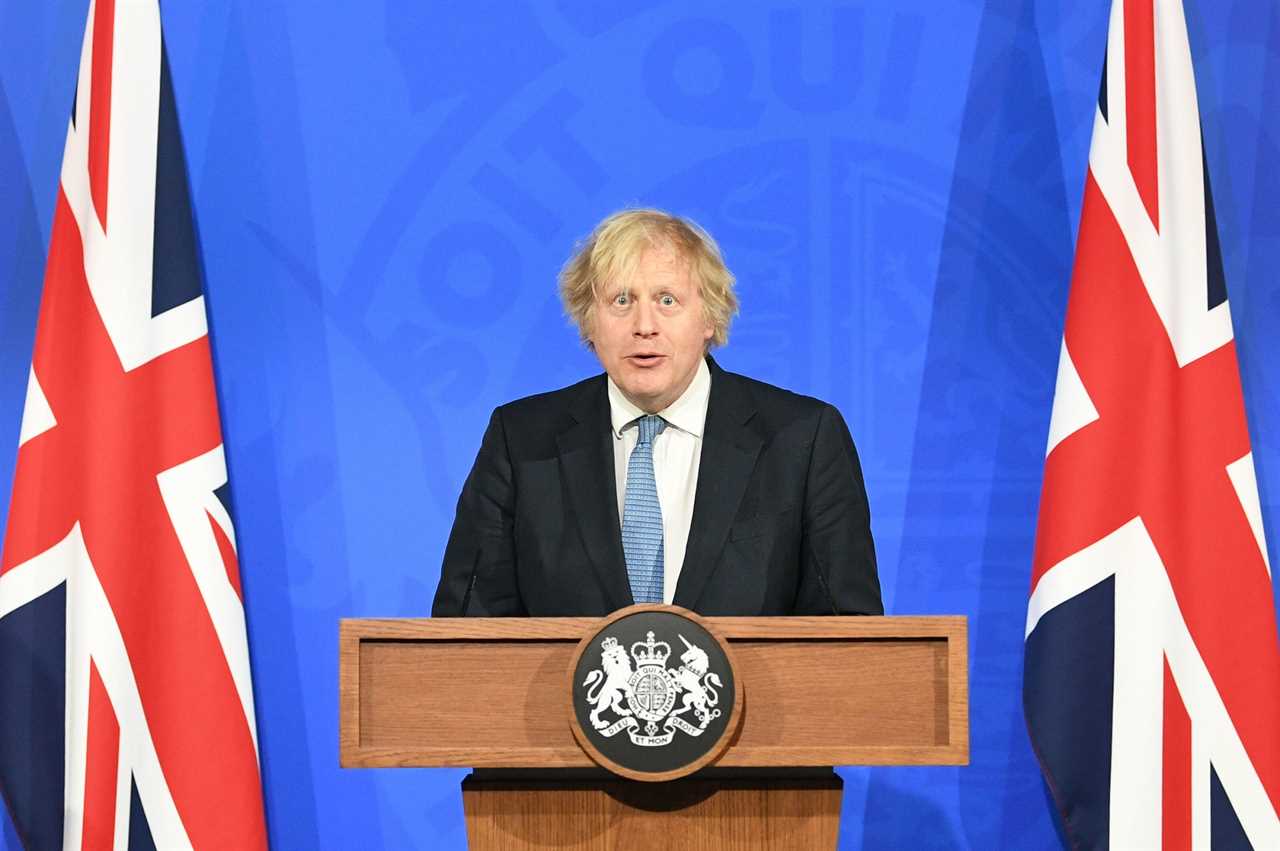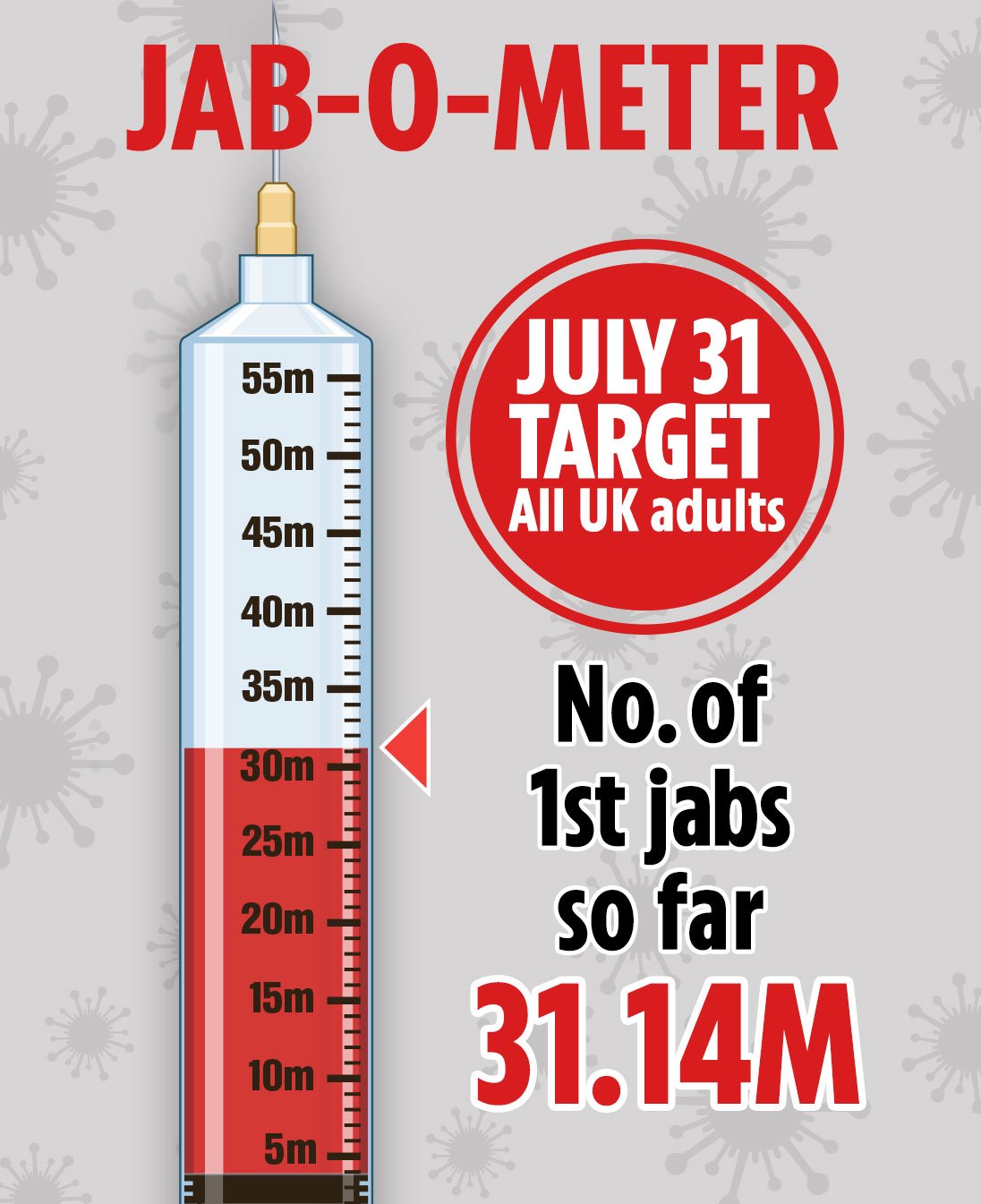TWICE-weekly Covid tests have been branded “beyond reckless” over fears false negatives will lead to people letting their guard down.
The rapid tests – which can be taken at home and give results in just 30 minutes – will be available to every adult twice a week from this Friday.

Read our coronavirus live blog for the latest news & updates…

The government says people will be able to collect or order batches of the free NHS tests as part of moves to reclaim a more normal way of life.
And Boris Johnson has urged Brits to get and use theirs “even if you don’t feel ill.”
The lateral flow tests are less accurate than the PCR tests given to people with symptoms.
However, they are far more convenient as they do not have to be processed in a lab and the results are known so quickly.
They have been hailed a game changer in tackling the pandemic but not everyone is convinced by twice-a-week testing.
Jon Deeks, a professor of biostatistics at the University of Birmingham and one of the authors of last month’s review on rapid tests, described the move as “beyond reckless”.


He said there was “very little data supporting the sensitivity of the test in people without symptoms”.
A Liverpool pilot programme showed that it picked up less than half of 70 known coronavirus cases.
And Prof Deeks added another study detected only three per cent, reports The Times.
He said: “The argument the government has put is that the ones that it detects are the ones who are infectious but the evidence behind this is very weak, and there is a lot of evidence that the test misses many.”
There was a fear, he pointed out “that it will stop people getting a PCR test when they have symptoms if they have a negative [lateral flow] test, or increase disinhibition so higher risks of exposure happen”.
Susan Michie, a UCL professor of health psychology, said she was also concerned people would be wrongly reassured by a negative test.






